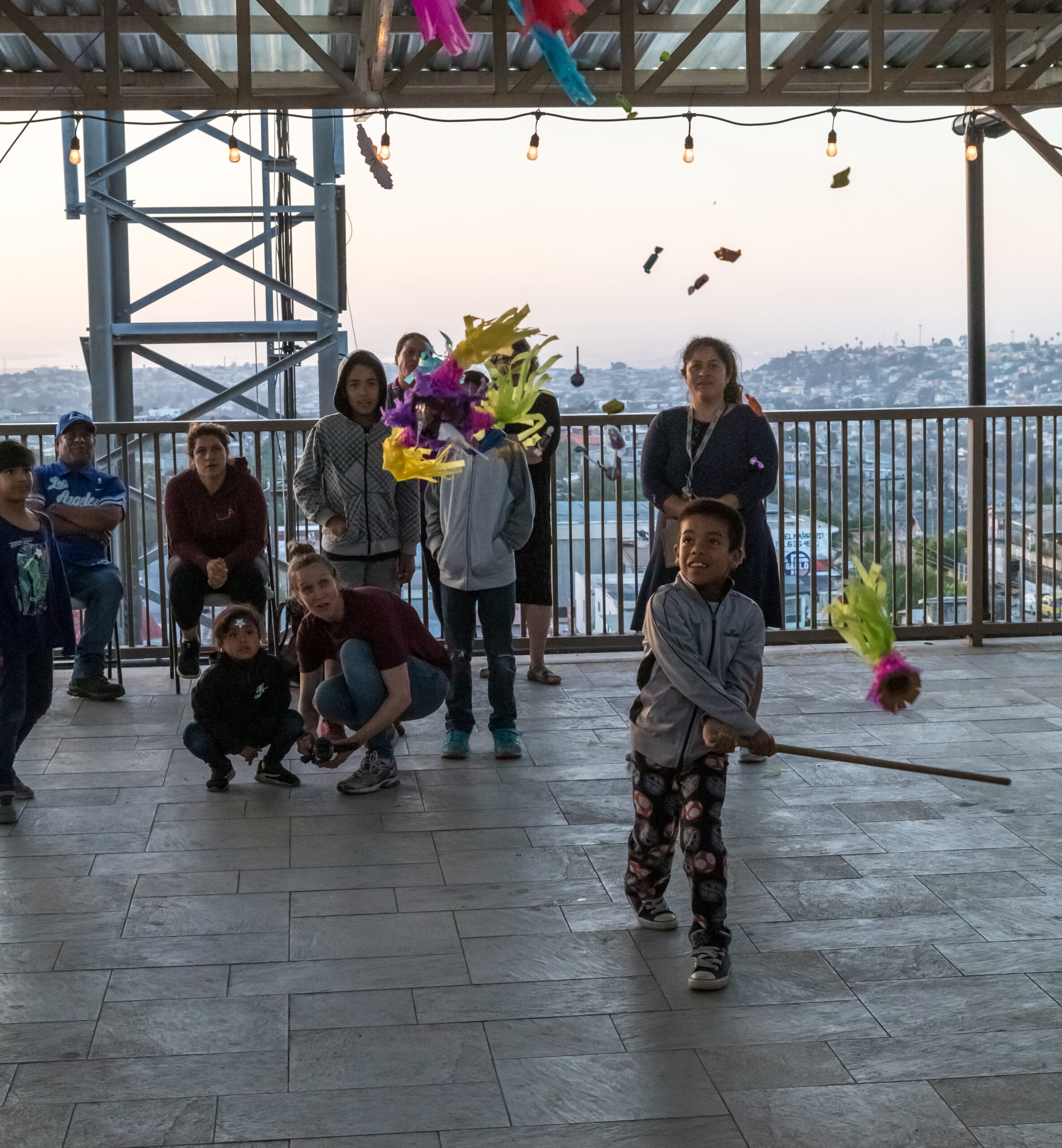In a previous edition of the Doxa Download there was an article on how kids end up in Tijuana orphanages and even if “orphanage” is the best term to use for these homes. Perhaps surprisingly, the overwhelming majority of kids in an orphanage have living parents. Their parents, for whatever reason, just may not be in a position to care adequately for their kids. In Tijuana, and many other places around the world, this has led to the creation of orphanages.
Over the course of many years a network of orphanages has emerged throughout Tijuana and its surrounding cities. This is common among many other countries around the world, too. Even though orphanages started out of necessity and good intentions to care for children in need, the last several years of research have shed a different light on children who grow up in an orphanage setting. This research points to family reunification as the best course of action in almost all scenarios. That it is better to work with families to ensure that kids stay with them or be reunited with them.
When short-term mission teams are added to the scenario, orphanage work can become even more difficult to do responsibly. First, it is common for orphanage directors to feel that they must keep kids in their care in order for financial support to continue. This creates a cycle incentivizing orphanages to keep kids in their care instead of facilitating family reunification. Second, the rapid and intermittent introduction and removal of volunteers can lead to attachment disorder in children. This can happen especially if children are not receiving the love and affection they need directly from their primary caregivers. Third, local initiatives and solutions can become undermined when outside actors are the main drivers of programs and institutions. Articles from the Chalmers Center and Ethical Mission Trips highlight and expound upon these short-comings.
Recognizing these dynamics and possible pitfalls is not cause to just shut everything down. Instead, it is an opportunity to heed this sound wisdom and rethink and rework the outdated model. Doxa has taken a fundamentally different approach to orphanage partnership in the following ways:
- Doxa groups’ primary activity while serving in Tijuana is building a house, not interacting with orphanage children or even having prolonged contact with them. Not only does building houses actually help to keep families together in the first place, having limited interaction with orphanage children helps to prevent attachment disorder. This ensures that the main source of love and affection for kids is coming from a stable place, and anything else they experience is just a supportive complement to the important work already going on.
- Since Doxa groups pay orphanages for their hospitality and space to stay, this creates an opportunity for earned income that is not tied to the number of kids or even the specific kids in an orphanage. This removes the pressure often felt by orphanage directors to keep their orphanage full of kids and retain the same kids from year to year. Overall, this helps to build long-term capacity for care of children when warranted and responsible.
- Doxa staff are in contact with orphanage staff year around and these relationships are centered around supporting the orphanage in its work. Doxa is not the star, instead it is just there to journey along with the orphanage. Sharing in the highs and lows, and playing a supportive role when needed.
While there is always room for improvement, these key differences in how Doxa partners with Tijuana orphanages can help lead to healthier outcomes. With everyone’s interests aligned, this frees up the orphanage and local social workers to pursue the ultimate goal of family reunification for every child. At the heart of that work is relationships and the reconciliation of ones that have been broken in the past.
